Play with a Purpose: Effective Play-Based Therapy & Early Child Development – Cari Ebert
$200.00 Original price was: $200.00.$56.00Current price is: $56.00.
Professionals working in early childhood (birth to age 5) likely recognize the therapeutic potential of play, but creating effective, play-based therapy sessions for this age range can be a challenge. It requires creativity, flexibility, and an understanding of how play impacts development. Too often, therapy becomes rigid and unengaging, because young children learn best through relevant and meaningful play – not through direct instruction, drill work, or flash cards. Play-based therapy is so much more than just playing with toys, though — it requires play with a purpose, creatively embedding strategies into naturally occurring experiences in order to maximize outcomes. In this highly engaging recording, learn to apply a fresh approach to working with young children and their caregivers by promoting cognitive, language, physical, and social-emotional development through child-directed, adult-guided play experiences.
- Summarize the benefits of play across the five developmental domains (cognitive, communication, social-emotional, physical, and adaptive)
- Describe the limitations of popular educational toys and apps and their effect on the development of young children with developing brains and bodies
- Outline a plan to incorporate functional play-based assessment into standardized testing
- Identify naturally occurring routines and activities to promote development in the home environment
- Recognize the best strategies and toys for play-based interventions
- Design individualized play-based therapy sessions that focus on the child’s strengths, needs and interests
OVERVIEW OF PLAY
- Definitions of play
- Common societal myths about learning and play
- Developmental benefits of play
- Play as the foundation for learning and development
- Connection between neuroscience and play
TYPES OF PLAY
- Active play vs. passive entertainment
- Child-directed play vs. adult-directed play
- Object play vs Social play
TOYS — TOOLS FOR LEARNING
- How toys can enhance development
- What kinds of toys are tools for learning
- Why low-tech toys are best for young children with special needs
- Natural activities to promote development in the home
PLAY-BASED ASSESSMENT
- Standardized testing vs. functional play-based assessment
- Why play based assessment works
- Assessing the whole child across the 5 domains
- Application
- Play-based assessment guide
- Case studies and discussion
PLAY-BASED THERAPY
- Recognizing the value of child-directed play
- Keeping therapy natural and functional
- How to play with a purpose
- Relationship-based learning
- Partnering with parents and caregivers
Tag: “Play with a Purpose: Effective Play-Based Therapy & Early Child Development – Cari Ebert” Review. “Play with a Purpose: Effective Play-Based Therapy & Early Child Development – Cari Ebert” download. “Play with a Purpose: Effective Play-Based Therapy & Early Child Development – Cari Ebert” discount.
1 review for Play with a Purpose: Effective Play-Based Therapy & Early Child Development – Cari Ebert
| 5 star | 100 | 100% |
| 4 star | 0% | |
| 3 star | 0% | |
| 2 star | 0% | |
| 1 star | 0% |
Sorry, no reviews match your current selections
Q & A
Related products
Personal Development
Personal Development
Personal Development
Personal Development
Personal Development
Personal Development
Personal Development
Personal Development


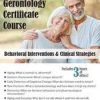

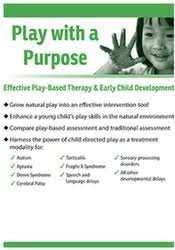

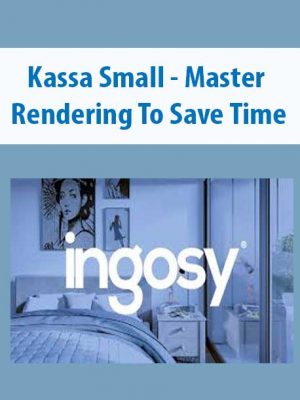


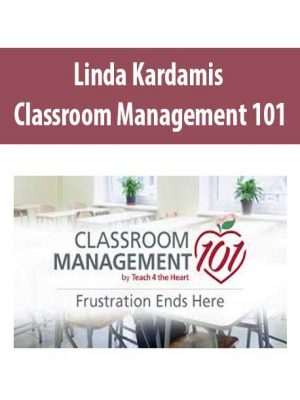


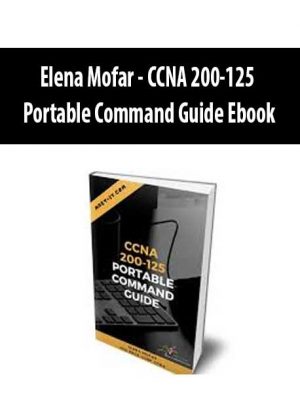
Great purchase | Play with a Purpose: Effective Play-Based Therapy & Early Child Development – Cari Ebert